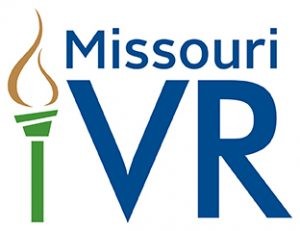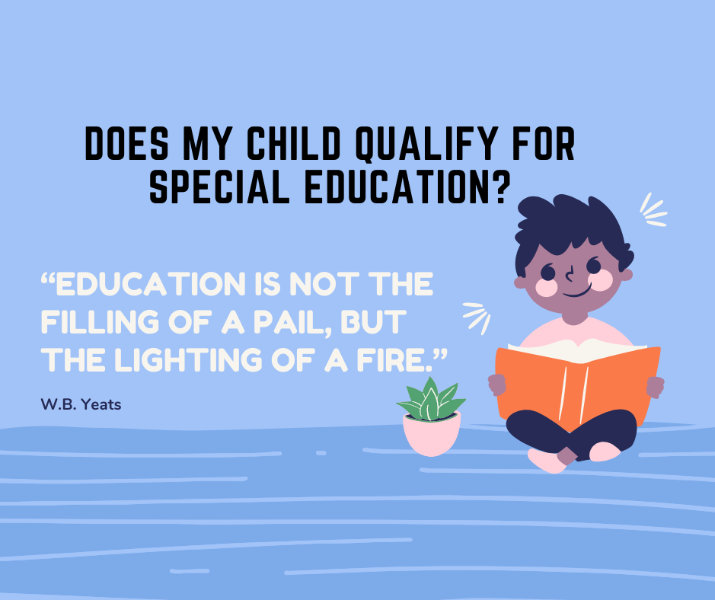Special Services
-
Mrs. Monica Casady, is the Director of Special Services at PCR-I Schools. She can be reached at 660-947-3361 ext 382.
All of our principals play an active role in equipping our teachers, paraprofessionals, and staff to make sure every student has the education and resources they need to learn to the best of their abilities.
Elementary Principal, Mrs. Angie O’Reilly aoreilly@putnamcountyr1.net, 660-947-3361 ext 317.
Middle School Principal, Mr. Jamie Tipton, jtipton@putnamcountyr1.net, 660-947-3361 ext 343.
High School Principal, Mrs. Tiffani Klinginsmith,tklinginsmith@putnamcountyr1.net, 660-947-3361 ext 306.
Special Education & Resource Teachers & Staff:
Mrs. Lisa Stobbe, lstobbe@putnamcountyr1.netMr. Carson Quint, cquint@putnamcountyr1.net
Mrs. Jenna Sivetts, jsivetts@putnamcountyr1.net
Mrs. Ashley Jones, ajones@putnamcountyr1.netMrs. Angela Smith, asmith@putnamcountyr1.net
At-Risk Coordinator:
Mrs. Lindsey Hague, lhague@putnamcountyr1.net, 660-947-3361 ext 387. -
The start of the school year brings excitement and anticipation of things to come. Students and teachers alike have the opportunity to start fresh. One of the roles or our Special Services Team at Putnam County is to write and implement IEP’s and 504’s for students. These two plans have similarities, but also have some distinct differences.
An IEP plan is part of the Individual with Disabilities Act(IDEA) served under the Department of Education. A 504 plan is part of Civil Rights-Rehabilitation Act of 1973 served under the Office of Civil Rights. They both are in place for students to have access to the best public education possible. If you have any questions about any of these plans at Putnam County contact the Special Services Office.
-
 The Putnam County R-I Special Education Department’s Work/Career Study Program is designed to help eligible students explore a career or job interest in a hands-on manner. Through employment or career experience, students are provided with the opportunity to make a more informed decision about their future plans. The program utilizes supervision by both Putnam County R-I Staff and a community sponsor/employer. Students receive credit towards graduation. The amount of credit corresponds to the number of periods of VR time. Students in the Special Education Department who choose Vocational Rehabilitation (VR) as a course will be placed under the supervision of the VR Coordinator, Lisa Stobbe, with input from the counselor, principal, and special education director. Also, another aspect of the program is a referral to the VR offices in Kirksville. They can help provide services for college as well. Please see Mrs. Stobbe or Mrs. Monica Casady for the referral form.
The Putnam County R-I Special Education Department’s Work/Career Study Program is designed to help eligible students explore a career or job interest in a hands-on manner. Through employment or career experience, students are provided with the opportunity to make a more informed decision about their future plans. The program utilizes supervision by both Putnam County R-I Staff and a community sponsor/employer. Students receive credit towards graduation. The amount of credit corresponds to the number of periods of VR time. Students in the Special Education Department who choose Vocational Rehabilitation (VR) as a course will be placed under the supervision of the VR Coordinator, Lisa Stobbe, with input from the counselor, principal, and special education director. Also, another aspect of the program is a referral to the VR offices in Kirksville. They can help provide services for college as well. Please see Mrs. Stobbe or Mrs. Monica Casady for the referral form. -
What is FAPE?
The Individuals with Disabilities Education Act (IDEA) and Section 504 of the Rehabilitation Act guarantees a student with a disability the right to a free and appropriate public education. The right to a free and appropriate public education is also known as FAPE.
If your child has a disability, it is essential to know what legal rights your child has--and does not have--under FAPE.
FAPE requires schools to:
- Use specially designed instruction to meet the unique needs of the child.
- Provide related services that would help your child to benefit from special education, such as speech/language therapy, occupational and physical therapy, etc.
- Provide these services at no cost.
- Create an individualized learning plan (IEP) that includes services, goals, progress monitoring, and modifications and/or accommodations that will help your student participate in the general education setting.
- Ensure that your child is placed in the least restrictive environment. (It is important that your child is learning with peers who are not receiving special education services.)
FAPE does not require schools to:
- Maximize your child’s potential; services must be reasonable to help your child progress.
- Guarantee your child a specific educational program or class setting.
- Give your child preferential treatment regarding participation in extracurricular activities and clubs. (Schools, however, must ensure that your child has an equal opportunity to participate).
-

To qualify for special education services, a child must: have a documented disability under the Individuals with Disabilities Education Act (IDEA) and have educational needs that are not able to be met in the general education classroom. To determine if a child has a disability under IDEA, they must first go through the evaluation process. The evaluation process begins when a parent/guardian and/or teacher refers a child for special education services. Once referred, a Review of Existing Data must be completed to determine if the evaluation process should continue. If there is enough data showing signs of a disability, the evaluation process will continue.
The evaluation can be a lengthy process, depending on how many areas a child is being evaluated in. All children being evaluated will go through cognitive (IQ) and academic evaluations. Other areas that they can be tested in if there are concerns include, but are not limited to: speech, language, occupational therapy, physical therapy, and behavior. All evaluators have 60 days to complete their evaluations. An evaluation report is completed with findings from each individual evaluation the child took part in. Using this information, the multidisciplinary team then decides if the child qualifies for special education services based on the results.
-
Students in special education have accommodations and modifications included in their IEPs. While the two words sound very similar, they mean two different things.
Accommodations help special education students access the general education curriculum. They still learn the same information and have the same objectives as their peers, but how they learn is tailored to fit their needs. For example, to help with note-taking, they can be given a fill-in-the-blank sheet of the notes instead of having to completely write their own. For testing in any area, they can be given more time to complete the test than their peers have.
Modifications change the expectations that special education students have when it comes to the general education curriculum. Their curriculum is altered to fit their learning needs and styles. What they’re learning differs compared to what their peers are learning. Examples of modifications could be different homework assignments than what their classmates have or practicing addition facts while the rest of the class is working on multiplication facts.
While accommodations and modifications sound very similar, they are very different from one another in definition, but both are important tools in aiding students to be successful in their school work.
Is your child in need of special services? Talk to your child's teacher or contact our Special Services Director for more information.
-
Why do media outlets give special reporting on a newly-elected president’s first 100 days in office? This precedent began with President Franklin D. Roosevelt. During his first 100 days in office, FDR called an emergency session of Congress to pass legislation that would address the economic difficulties during the Great Depression. New agencies--the “Alphabet Agencies”--were formed to provide relief, recovery, and reform.
Today, the Department of Education and more specifically the Special Education Department has its own “alphabet soup” of acronyms such as “IEP, IDEA, and Section 504,” just to name a few. A simple search on the internet will provide you with the meaning to terms that you may not be familiar with. The Center for Parent Information and Resources includes an exhaustive list of commonly--and maybe not-so-commonly--used terms in special education.
https://www.parentcenterhub.org/acronyms/
No matter what your child's education needs are, we are here to help give them the best opportunity to learn and support them in the process.